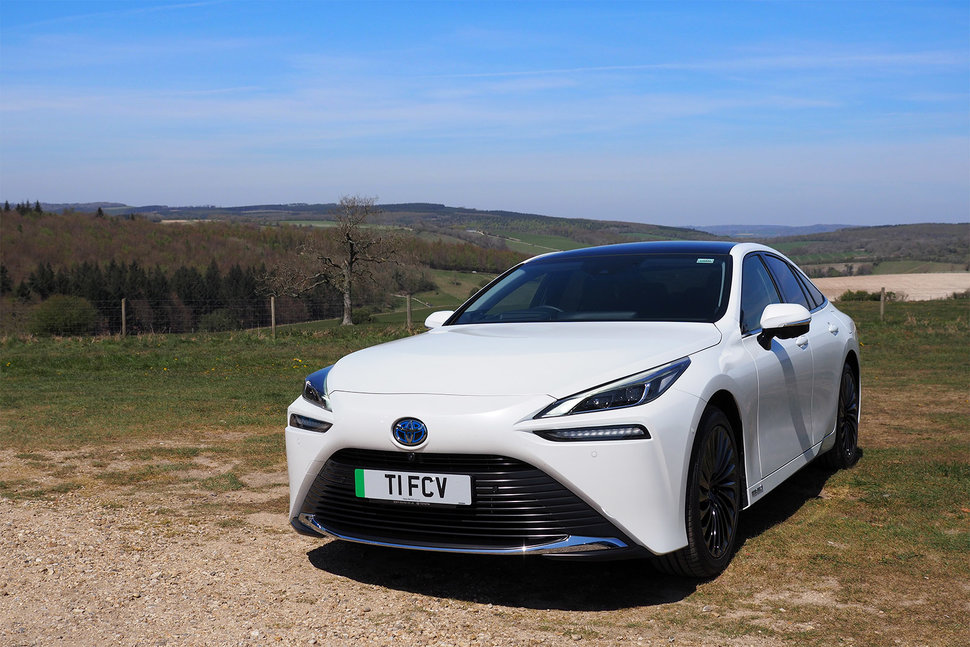When some MotorTrend employees were busy testing the 2021 hydrogen fuel cell-powered Toyota Mirai on the test track, we used the second Mirai XLE as our daily driver to travel around towns and make short trips by road (distance from society). During the critical time of driving Mirai, we learned a lot about new fuel cell vehicles, some are good, some are not so good. Here are our main findings:
Toyota Mirai in 2021 maybe Lexus Mirai
2021 hydrogen fuel cell-powered Toyota Mirai
The first thing that shocked us is how beautiful the Mirai car is. Obviously, the exterior styling is a huge improvement over the 2016-2020 Mirai (let us face reality, visually speaking, there is no other way but to rise), but we can’t help but notice the unique Lexus atmosphere, not just LexusLS configuration file obscured by Mirai. Although we are driving a smaller XLE model, compared to Toyota, the cabin layout and soft leatherette seats are more like Lexus to us, as is the super quiet, baby-like riding experience. Of course, Mirai is not actually Lexus, which means we don’t have to endure the annoying infotainment system with a mouse pad, which makes us almost happy to be able to forgive the lack of a volume knob.
2021 Hyundai hydrogen fuel cell car
Hyundai puts its fingers into a lot of cakes. It invests in flying taxis, retrofitting station wagons, electric cars, and yes, hydrogen-powered cars. Next month, after Hyundai Motor announced its upcoming Hydrogen Wave event on Thursday, we will learn more about the latter. With it, we got three short video previews showing clips of what is about to happen, there are many here.
The first preview listed above seems to focus on performance. With him, we saw a snail drifting behind a sports car. In this process, our gastropod friends are not covered by dust or exhaust gases, but by drops of water. Hydrogen fuel cells do not produce any by-products other than water, so it seems that Hyundai’s cars will show us some kind of high-performance car. Frankly speaking, it’s exciting to watch engineers play around with such a cute sports car as the Nexo SUV, but it’s not that exciting.
2021 BMW’s i Hydrogen Next fuel cell vehicle
BMW has been working on its i Hydrogen Next project for many years (it debuted in 2019), but now the company has started testing it on European roads and aims to launch it for public consumption by the end of 2022, despite the fact that the number is rare.
If you forget, i Hydrogen Next is based on the current generation of BMW X5; only its Bavarian internal organs fueled with dinosaur juice have been replaced by clean hydrogen fuel cells bought by Toyota. BMW claims that due to its own eDrive technology, the electrified powertrain can provide a considerable 374 horsepower, and the latest generation of technology exists in the next iX EV.

